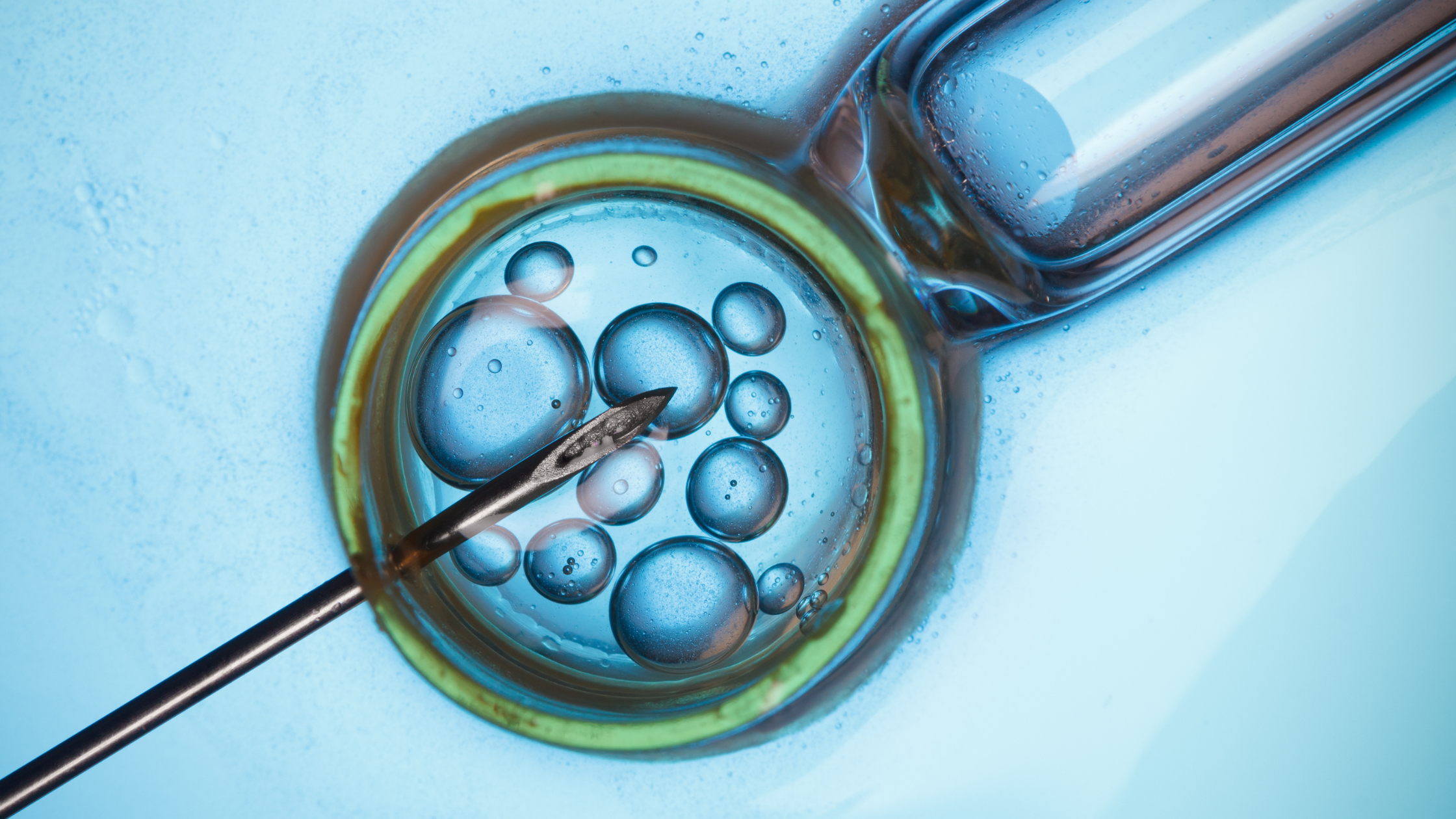World’s First AI-Assisted IVF Baby Born: A New Era in Fertility Care
How Robotics and Artificial Intelligence Are Transforming the IVF Lab
World’s First AI-Assisted IVF Baby Born: A New Era in Fertility Care
In a major milestone for reproductive medicine and fertility technology, the world’s first baby conceived using AI-assisted IVF has been born. The child, born to a 40-year-old woman in Guadalajara, Mexico, marks a global first: conception and fertilization using a fully automated, AI-powered intracytoplasmic sperm injection (ICSI) system—with no human hands involved in the injection process.
The breakthrough was announced by Conceivable Life Sciences, a biotechnology company combining artificial intelligence and robotics to streamline and modernize the IVF process.
What Makes This IVF Birth So Groundbreaking?
Until now, ICSI—a widely used technique where a single sperm is injected directly into an egg—has been performed manually by skilled embryologists. While effective, traditional ICSI is highly dependent on human precision, experience, and can be subject to fatigue or variability.
This birth changes that. According to Jacques Cohen, embryologist with Conceivable Life Sciences in New York, this "represents a transformative solution that promises to enhance precision, improve efficiency, and ensure consistent outcomes."
Conceivable Life Sciences developed a digitally controlled robotic system that automates all 23 steps of the ICSI process. From sperm selection to injection, AI made the calls—without any manual involvement, offering a more consistent and potentially more scalable option for IVF labs in the future.
How It Worked
The woman who gave birth had previously undergone a failed IVF cycle. This time, she used donor eggs, and AI selected the sperm before performing robotic ICSI. Out of five eggs, four were successfully fertilized. A healthy embryo was transferred, resulting in the birth of a child—conceived with precision robotics and guided entirely by artificial intelligence.
“With AI, the system autonomously selects sperm and precisely immobilizes its midsection with a laser ready for injection - executing this rapid, precise process with a level of accuracy beyond human capability," stated lead researcher Gerardo Mendizabal Ruiz in a news release.
What Is ICSI?
Intracytoplasmic sperm injection (ICSI) is an advanced fertility technique used during IVF that involves injecting a single sperm directly into the cytoplasm of an egg to achieve fertilization. It’s commonly recommended in cases of male factor infertility, low sperm count or motility, or when prior IVF attempts have failed.
Traditionally, ICSI requires a highly skilled embryologist to manually handle delicate microscopic equipment under a high-powered microscope—making it one of the most intricate parts of the IVF process. While incredibly effective, it also introduces human variability and fatigue risk.
By introducing automation, AI-assisted ICSI could reduce these limitations—potentially leading to more consistent fertilization outcomes and improved embryo quality.
Watch a lab video of ICSI being performed here!
What This Means for the Future of IVF
While the technology is still in early stages, the implications are massive. AI-assisted IVF could:
Reduce dependence on highly specialized embryologists
Improve consistency and success rates
Expand access to care in regions with limited fertility resources
Lower the cost of treatment by reducing manual labor and lab time
“This new system could change the way we do IVF,” said Dr. David Sable, a reproductive endocrinologist. “It offers more consistency, reduces stress for lab staff, and may even improve egg survival.”
However, more research is needed and researchers plan to continue to validate the effectiveness by testing its system in a clinical trial with more cases.
Why This Matters
At The IVF Warrior, we’ve seen firsthand how emotionally and physically demanding fertility treatment can be. This development isn’t just about automation—it’s about potentially improving outcomes, increasing access to care, and creating more hopeful paths to parenthood. These finding were published in the Reproductive Biomedicine Online.
Medical Disclaimer: The information provided in this blog is intended for general informational purposes only and should not be considered as a substitute for professional medical advice, diagnosis, or treatment. Always seek the advice of your healthcare provider or qualified medical professional with any questions you may have regarding a medical condition. Never disregard professional medical advice or delay in seeking it because of something you have read in this blog.

